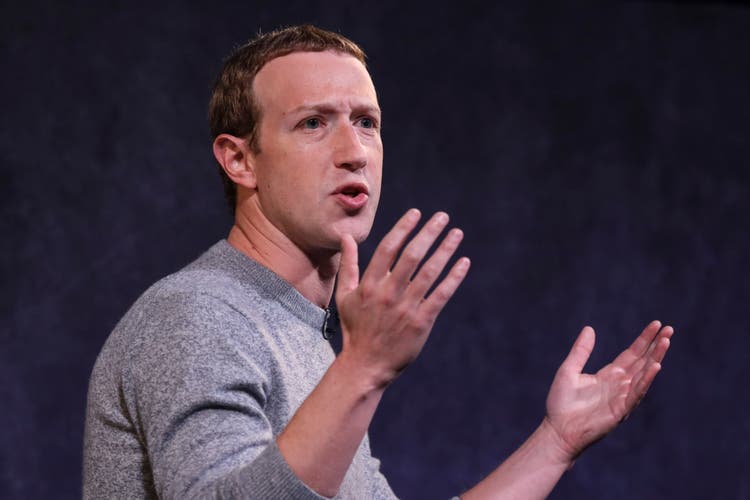
Drew Angerer/Getty Images News
Meta Platforms’ (NASDAQ:META) CEO Mark Zuckerberg and Spotify’s (NYSE:SPOT) boss Daniek Ek criticized European lawmakers for complex regulations and guidance around open-source AI—models, saying it is ultimately holding back innovation.
Both CEOs said instead of clear rules that inform and guide how firms can do business across Europe, the tech companies face overlapping regulations and inconsistency in guidance on how to comply with them, especially at a time when the continent is “particularly well placed” to make the most of this open-source AI wave.
“Without urgent changes, European businesses, academics and others risk missing out on the next wave of technology investment and economic-growth opportunities,” they wrote in a joint statement.
Zuckerberg and Ek pointed towards EU’s General Data Protection Regulation (GDPR) and said the regulators are “creating delays and uncertainty” with the uneven application of the law. GDPR sets guidance on how personal data can be processed and transferred.
Meta, in June, said it will not offer its multimodal AI model to customers in the EU due to a lack of clarity from regulators in the region. The social media company faced backlash when advocacy group NOYB filed complaints with 11 European nations, alleging that Meta plans to use personal data to train its artificial intelligence models without seeking user consent.
Earlier in the year, several consumer groups in the European Union also filed complaints with their national data watchdogs against Meta, alleging breaches of the bloc’s privacy rules related to user data.
Spotify’s early investment in AI is noted as a reason behind its success by the CEOs, who added that there is tremendous potential to use open-source AI to benefit the streaming industry in the future.
“Regulating against known harms is necessary, but pre-emptive regulation of theoretical harms for nascent technologies such as open-source AI will stifle innovation. Europe’s risk-averse, complex regulation could prevent it from capitalising on the big bets that can translate into big rewards,” the CEOs noted.
